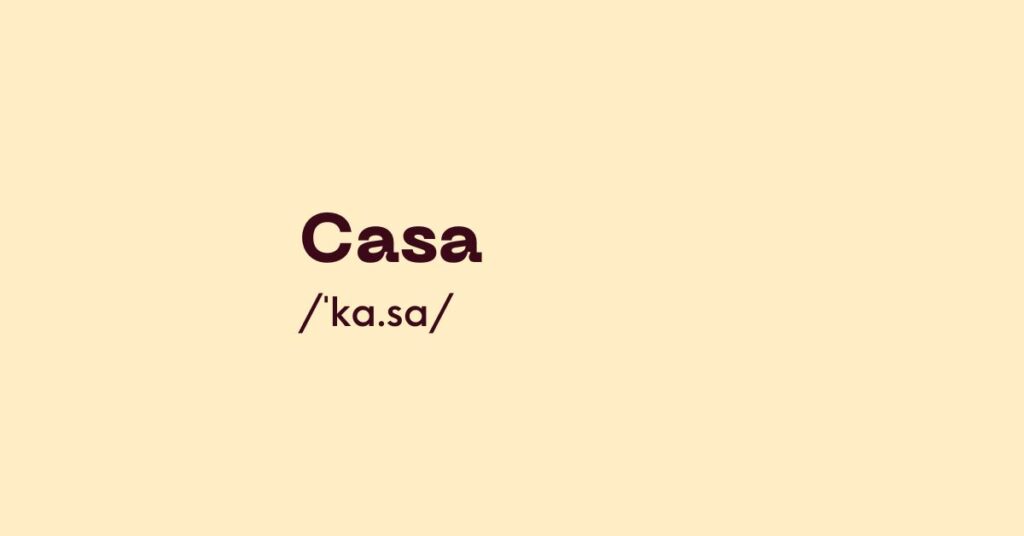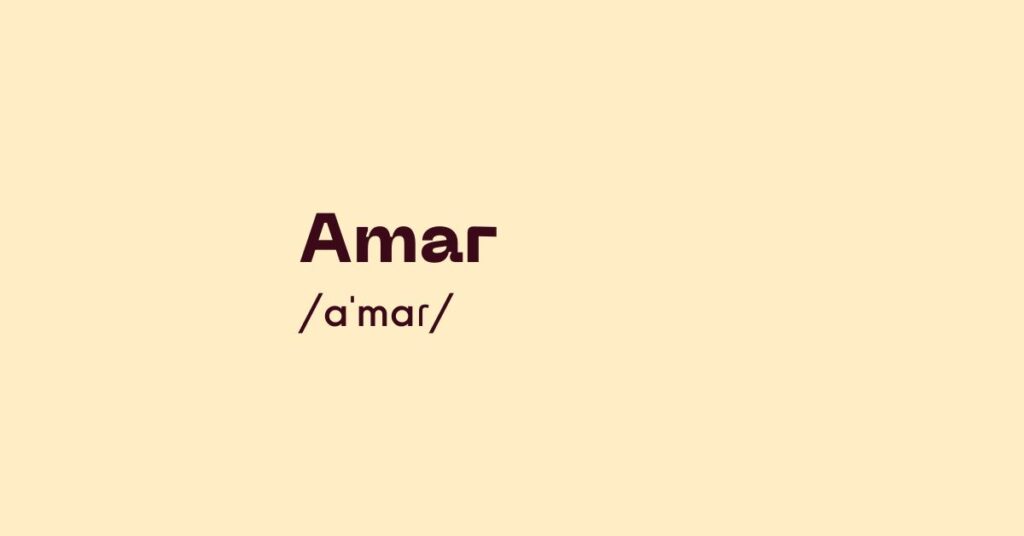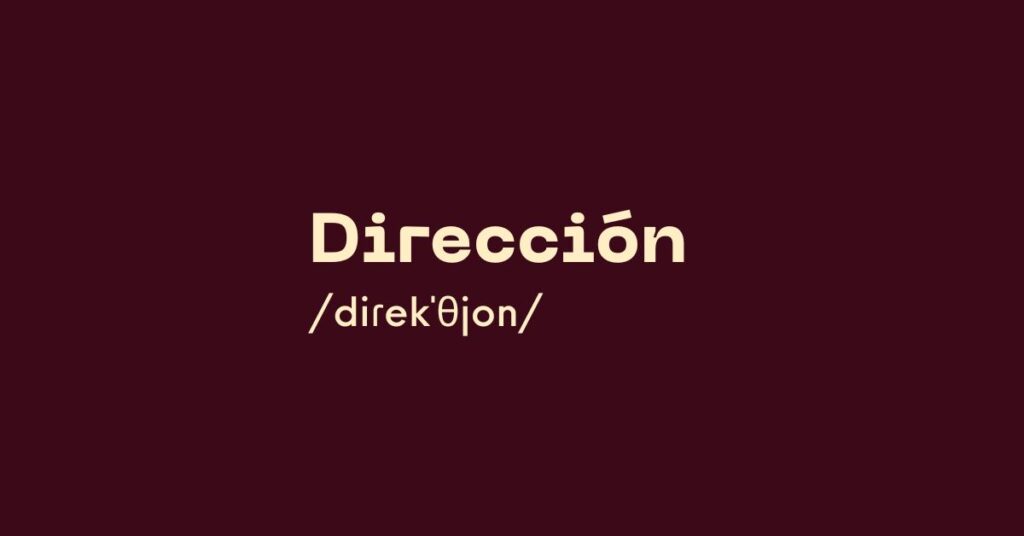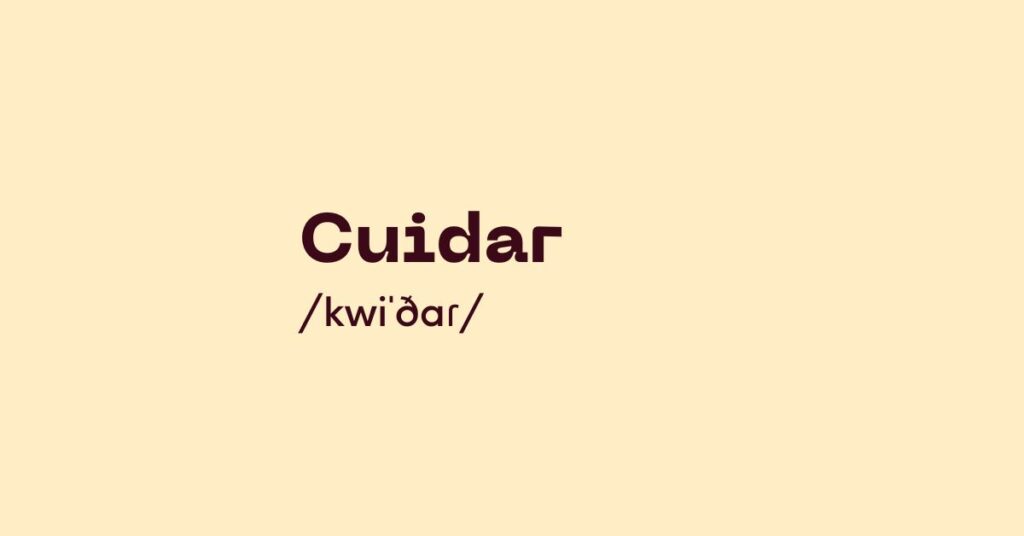Peor
Today’s Spanish word of the day is “peor”. It means “worse” or “worst”, and can be used as an adverb or an adjective. When preceded by a definite article such as “el”, “la” or “lo”, the word “peor” translates as “worst”. Otherwise, it translates as “worse”. Contrast the following: The word “peor” comes from Latin […]









